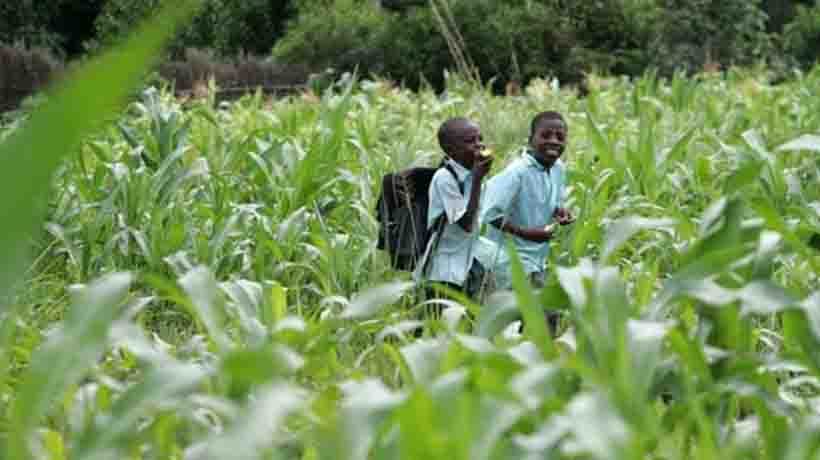Trending Now
- IPL 2024 begins with a bang. First contest between CSK and RCB.
- Election commission allots mike symbol to Naam Thamizhar Katchi
- AIADMK promises to urge for AIIMS in Coimbatore, in its election manifesto.
- Ponmudi becomes higher education minister.
Education
Agriculture started in the Saharas more than 10,000 years ago!
![]() March 19, 2018
March 19, 2018
First Saharan farming in Africa began more than 10,000 years ago when hunter-gatherers developed methods like harvesting and storing crops, found a new study.
ABOUT THE RESEARCH
Researchers from University of Huddersfield, UK and University of Modena and Reggio Emilia, Italy have been investigating findings from an ancient rock shelter at a site named Takarkori in south-western Libya.
ABOUT THE SITE
1.Although Takarkori is a desert now, but in the Holocene age, some 10,000 years ago, it was part of the “green Sahara” and wild cereals grew there
2.More than 2, 00,000 seeds — in small circular concentrations — were discovered at Takarkori, which showed that hunter-gatherers developed an early form of agriculture by harvesting and storing crops
3.The site has yielded other key discoveries, including the vestiges of a basket, woven from roots, that could have been used to gather the seeds
AN ALTERNATIVE POSSIBILITY
However, an alternative possibility was that ants, which are capable of moving seeds, had been responsible for the concentrations of seeds.
RULING OUT THE POSSIBILITY
Then, researchers ruled out this possibility and proved the hypothesis of human activity in collection and storage of the seeds.
MORE FINDINGS
1.Chemical analysis of pottery from the site demonstrates that cereal soup and cheese were being produced.
2.Researchers also found that although the wild cereals, harvested by the people of the Holocene Sahara, are defined as “weeds” in modern agricultural terms, they could be an important food of the future.
A FOOD OF THE FUTURE?
1.The research provided the first-ever known evidence of storage and cultivation of cereal seeds in Africa.
2.The research may also be a lesson for the future, if global warming leads to a necessity for alternative crops.
RESEARCHERS, ACCORDING TO PTI, SAID:
The same behaviour that allowed these plants to survive in a changing environment in a remote past makes them some of the most likely possible candidates as staple resources in a coming future of global warming.
THEY ADDED:
They continue to be successfully exploited and cultivated in Africa today and are attracting the interest of scientists searching for new food resources.
























